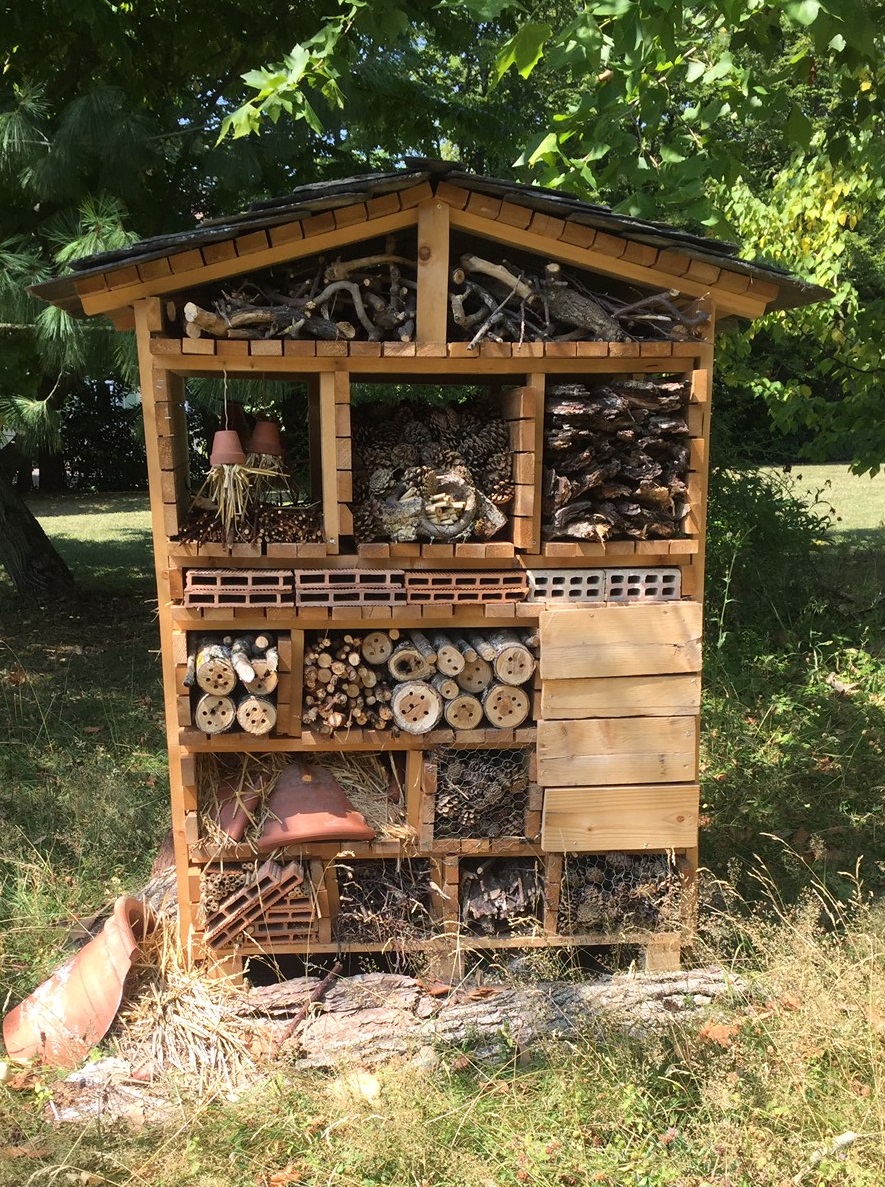The HUG practices responsible management of its 24 hectares of green spaces, divided into flower gardens and plantings, meadows, trees and groves.
Scattered over the different sites of the HUG, the green spaces represent 18% of the HUG grounds. Since 2017 the HUG have been practicing ecological management and maintenance. Phytosanitary products have mainly been replaced by organic products and mechanical actions.





